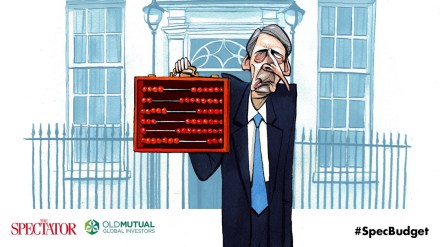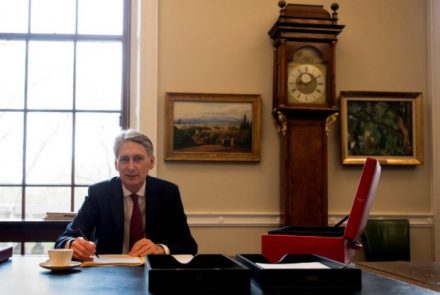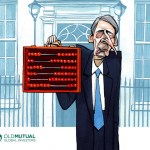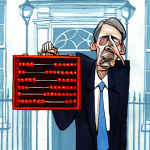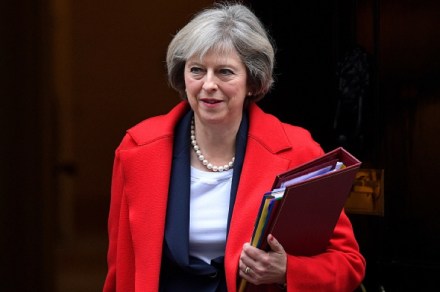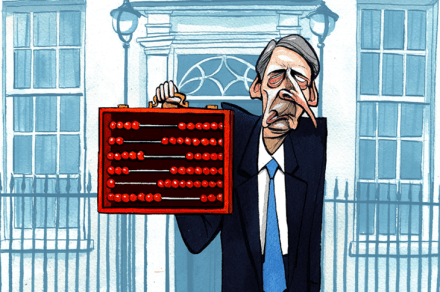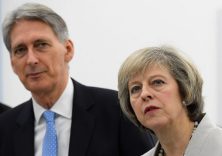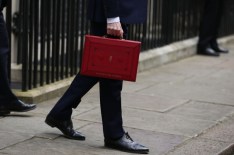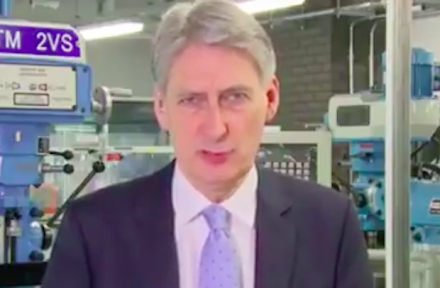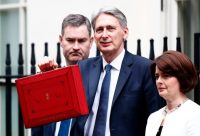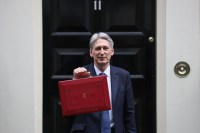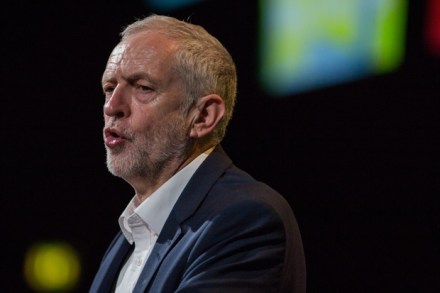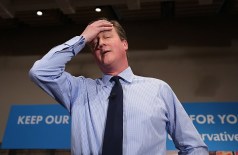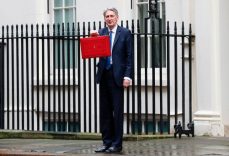It’s Hammond vs May, as the Budget blame game intensifies
Throughout David Cameron and George Osborne’s six-year double act, we seldom heard of serious arguments between them. Both were keen to avoid a repeat of the Blair-Brown psychodrama and prided themselves on their indivisibility. Same with their respective teams. You would never pick up the Sunday papers and read the sort of No. 10 vs No. 11 insults that we see this morning. The Sunday Telegraph splashes on ‘Cabinet war over Budget shambles’ and describes how even the Cabinet were not told that Philip Hammond was about to break their manifesto commitment not to raise National Insurance. Most of the Cabinet is hopping mad: one member last week told me that Hammond’s breaking
